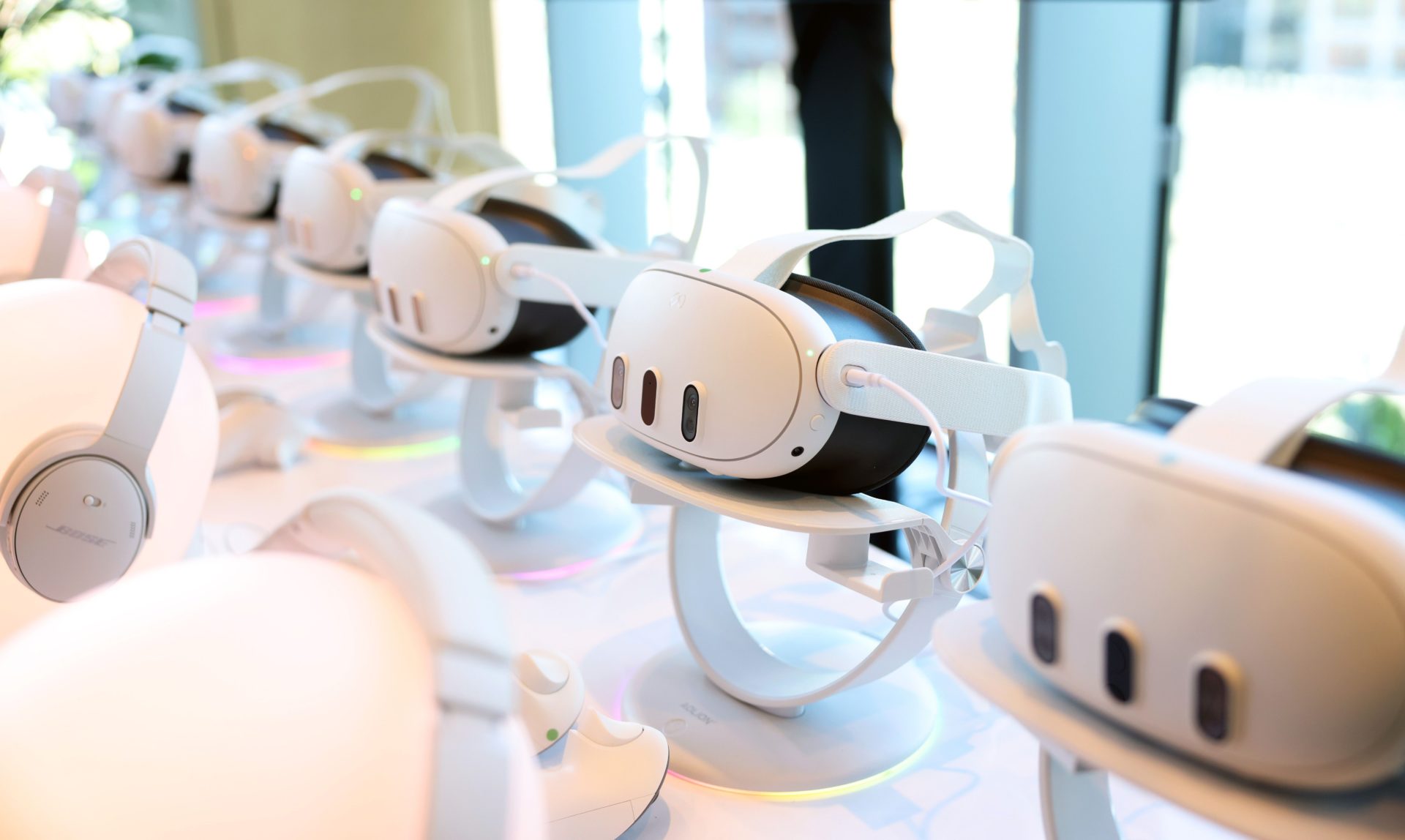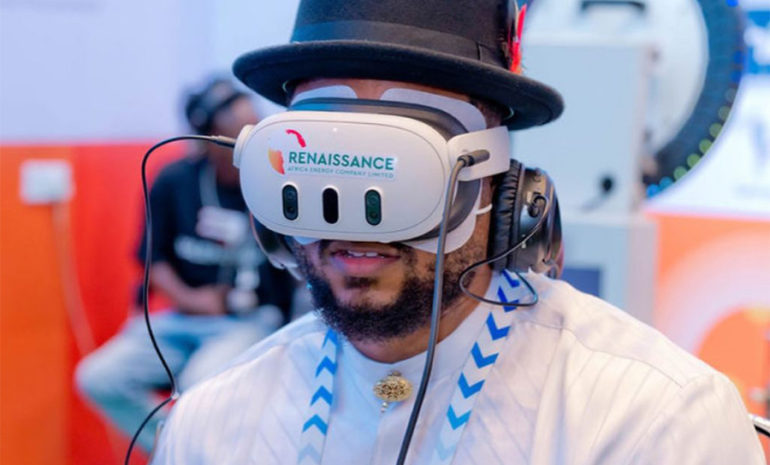Virtual Reality (VR) is no longer just a playground for gamers or a novelty at tech expos. Across industries, it has become a strategic tool for companies looking to improve efficiency, reduce costs, and engage stakeholders in ways that traditional methods cannot match. In Nigeria, where businesses are seeking innovative ways to stay competitive, VR adoption is moving from “interesting idea” to “operational priority.”
Beyond Entertainment — VR as a Productivity Tool
At its core, Virtual Reality (VR) creates lifelike, interactive 3D environments that users can explore and manipulate. While the technology is often associated with gaming, its most transformative applications are unfolding in business settings. Across industries such as manufacturing, energy, real estate, and corporate training, VR allows decision-makers to visualize, test, and refine ideas before committing significant resources.
In Nigeria, emerging immersive technology firms like Insightful3d Studio are helping companies leverage VR to solve real operational challenges. Instead of relying on imported solutions, businesses can now access locally developed virtual models tailored to their industry. A product prototype can be built and tested virtually, saving the cost and time of creating multiple physical models. In the same way, executives can walk through future office layouts, engineers can simulate plant operations, and sales teams can offer clients an immersive preview of developments that haven’t even broken ground — all powered by homegrown VR expertise.
Training Without Risk — and Without Downtime
One of VR’s strongest use cases lies in corporate training. Conventional methods often require shutting down equipment, booking venues, or flying in specialists — all expensive and time-consuming. VR allows teams to rehearse complex tasks in realistic environments, without risking safety or interrupting operations.
Whether it’s preparing oil and gas technicians for emergency procedures or teaching real estate agents how to pitch high-value developments, VR makes training repeatable, scalable, and far more engaging. Companies that invest in immersive training see faster knowledge retention and better performance on the job.
Sales and Client Engagement — Seeing Is Believing
In markets where competition is fierce, VR gives businesses a new way to differentiate themselves. Property developers can let investors “walk through” high-rise apartments long before the first brick is laid. Manufacturers can showcase facilities to clients on the other side of the world. Energy companies can give regulators or partners a virtual tour of pipelines and offshore rigs, reducing the need for costly travel.
A growing number of Nigerian firms are making this possible locally. Companies like Insightful3d Studio and LearnScapeXR, for example, are part of an emerging wave of innovators creating high-fidelity virtual models for training, facility visualization, and project sales. Their work is proving that companies no longer need to depend solely on foreign expertise to access world-class VR experiences.
The ROI Argument — Efficiency, Clarity, and Speed
What makes VR compelling is not just its “wow” factor, but its return on investment. By catching design flaws early, companies avoid expensive rework. By replacing physical site visits with virtual ones, they cut down on travel and logistics costs. By improving training outcomes, they minimize accidents and downtime.
Forward-thinking companies see VR not as an expense but as a multiplier — improving collaboration, accelerating approvals, and reducing risk across the board.
Nigeria’s Competitive Advantage
Globally, enterprises have already embraced VR as a mainstream business tool. For Nigeria, the opportunity is clear: adopt early and lead, or wait and play catch-up. With local players like Insightful3d Studio lowering the barrier to entry, there has never been a better time to explore how immersive technology can serve strategic goals.
The future of business belongs to those who can see it before it’s built. Virtual Reality makes that possible — today.


